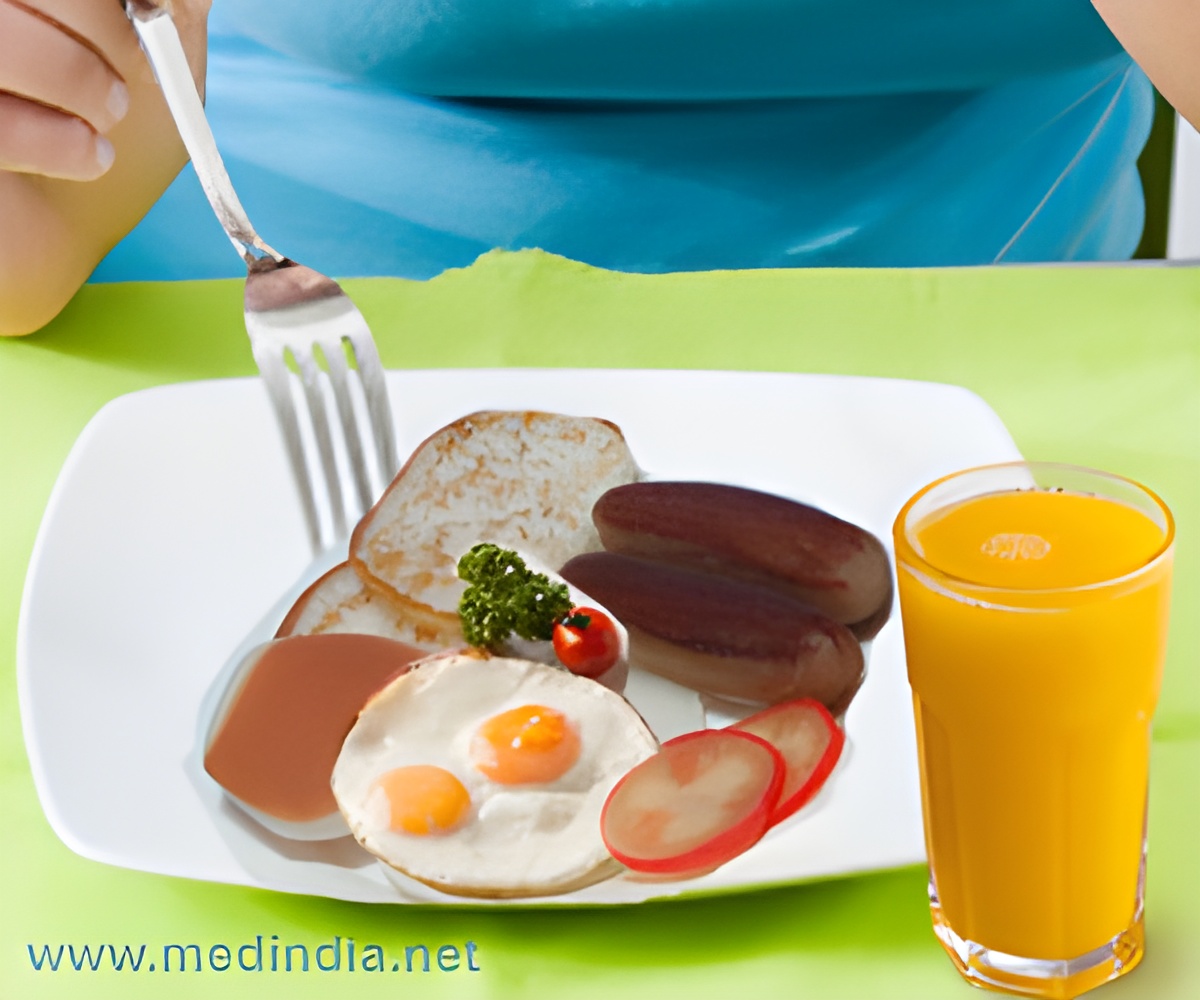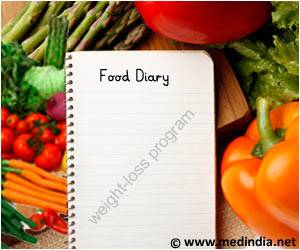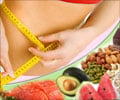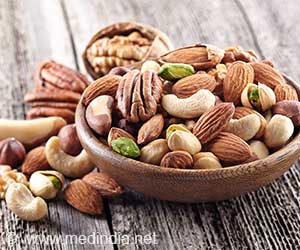Against the popular belief of having heavy breakfast, eating small portion of food at breakfast is helpful in losing weight. According to scientists small breakfast can help you stay fit.

UK Researchers from the Medical Research Council (MRC), Human Nutrition Research Unit enrolled about 33 obese people. Scrambled eggs, ham, milk, cereal, brown toast with butter and orange juice was given to them for breakfast. Some of the volunteers were served small portions in order to assess the repercussions of reducing the meal size.
The participants were segregated in three groups. The first group received normal serving of breakfast with the calorie content being 700. The second group was given a smaller portion of breakfast. The meal size was reduced by almost 20 percent whereas the meal size was reduced by 40 percent for the third group of volunteers.
The experts calculated the calories consumed throughout the day and the eating habits of the volunteers were also taken into account. The researchers discovered that reduction in the size of breakfast did not alter the total amount of food consumed by the volunteers during the day.
By reducing the size of the food at the breakfast, around 269 calories were decreased from their total calorie intake as compared to those participants who took 40 percent more portions in their regular breakfast.
Dr. Jebb, the study supervisor and the Head of Diet & Population Health at the MRC Human Nutrition Research Unit said, "the study is not applicable in everyday life where the number of instances to snack in between breakfast, lunch and dinner is much more."
The scientists said that further research is required in real environment where the possibility of consuming snacks and fast food are more.
 MEDINDIA
MEDINDIA




 Email
Email










